The majority of countries with the lowest Human Development Index (HDI) rankings are located on the African continent. Countries such as Somalia, South Sudan, and the Central African Republic consistently rank among those with the lowest HDI scores. Political instability, conflicts, environmental issues, and widespread poverty are some of the major factors that contribute to their low performance on HDI. As a result, the majority of the population in these countries lacks access to basic needs of life like clean water, healthcare, and education.
What is the Human Development Index?
The Human Development Index (HDI) is a metric developed by the United Nations to assess the overall development of a country. It is based on three key areas such as life expectancy, education, and income per person. The index ranges from 0 to 1, with values closer to 1 indicating higher development and values near 0 indicating lower development in these areas.
Countries With the Lowest Human Development Index
The table below presents the countries with the lowest Human Development Index (HDI). The data is taken from the United Nations Development Programme.
| Rank | Country | HDI Value | Region |
|---|---|---|---|
| 1 | Somalia | 0.380 | Sub-Saharan Africa |
| 2 | South Sudan | 0.381 | Sub-Saharan Africa |
| 3 | Central African Republic | 0.387 | Sub-Saharan Africa |
| 4 | Chad | 0.394 | Sub-Saharan Africa |
| 4 | Niger | 0.394 | Sub-Saharan Africa |
| 6 | Mali | 0.410 | Sub-Saharan Africa |
| 7 | Burundi | 0.420 | Sub-Saharan Africa |
| 8 | Yemen | 0.424 | Middle East |
| 9 | Burkina Faso | 0.438 | Sub-Saharan Africa |
| 10 | Sierra Leone | 0.458 | Sub-Saharan Africa |
The data is sourced from the United Nations Development Programme.
1. 🇸🇴 Somalia (HDI: 0.380)
Somalia ranks last on the Human Development Index, placing 193rd out of 193 countries. The nation has been badly affected by prolonged internal conflicts, political instability, and rampant poverty. The majority of the country’s population lives below the international poverty line and lacks access to basic needs of life. Frequent natural disasters and poor agricultural practices have worsened food insecurity in the country. Additionally, the widespread corruption in Somalia also hinders its economic growth and development.
2. 🇸🇸 South Sudan (HDI: 0.381)
South Sudan has the second-lowest Human Development Index (HDI) scores in the world. The country became independent in 2011 after decades of conflict with Sudan. The long struggle for independence caused widespread destruction of infrastructure, loss of lives, and displacement of people. Additionally, the majority of the country’s population lives in poverty, with limited access to basic needs of life. South Sudan has one of the underdeveloped education systems globally, with high dropout rates, especially among girls.
Despite its rich natural resources, the country faces several challenges, including poor infrastructure, limited access to healthcare and education, and widespread food insecurity.
How Global Poverty Has Changed Over the Last 15 Years (2010-2024)
3. 🇨🇫 Central African Republic (HDI: 0.387)
The Central African Republic (CAR) has faced political instability and violence for much of its history since gaining independence from France in 1960. Frequent armed conflicts and political instability have badly devastated its infrastructure, healthcare, and education. Additionally, ongoing internal conflicts and economic challenges have kept the country in a state of crisis. As a result, it ranks among the lowest countries on the Human Development Index. The majority of country’s population lack access to basic needs such as food, shelter, and house.
4. 🇳🇪 Niger (HDI: 0.394)
Niger is a landlocked country in West Africa, which gained independence from France in 1960. Since independence the country has experienced several coups and periods of political unrest. These events have badly disrupted the economic and social development efforts in the country. Therefore, it faces numerous challenges, including extreme poverty, limited education, and a high birth rate. It also suffers from one of the world’s highest infant mortality rates due to an inadequate healthcare system.
According to the World Bank, about 50% of Niger’s population lives below the poverty line. High unemployment and low income make it difficult for many people to improve their living conditions in Niger.
5. 🇹🇩 Chad (HDI: 0.394)
Chad ranks among the lowest performers in the Human Development Index (HDI) with a score of 0.394. The country has faced civil wars, rebellions, and tensions between various ethnic and religious groups. This instability has weakened the government and disrupted the availability of essential services in the country.
Therefore, Chad faces widespread poverty, limited access to education, and poor healthcare services. Many children, especially girls, do not have access to quality education. As a result, the country has one of the lowest literacy rates in the world.
Top 10 Poorest Countries in the World in 2025
6. 🇲🇱 Mali (HDI: 0.410)
Mali has faced multiple coups and ongoing armed conflicts, particularly in the northern regions. These conflicts have led to widespread displacement and destruction in the country. Many communities lack access to clean water, healthcare, and education facilities. Additionally, the majority of people in Mali rely on agriculture, which is highly vulnerable to climate change. As a result, a large portion of Mali’s population lives in poverty, with limited access to healthcare, food, and electricity.
7. 🇧🇮 Burundi (HDI: 0.420)
Burundi’s long history of ethnic conflict and political instability has severely impacted its growth and development path. Therefore, it has one of the lowest Human Development Index (HDI) scores in the world at around 0.42. About 62% of its population lives below the international poverty line at less than $2.15 a day, according to the World Bank. Additionally, the country has poor health outcomes, low educational attainment, and a low living standard. Despite some progress in education and health, the overall development in the country remains low.
8. 🇾🇪 Yemen (HDI: 0.424)
One of the factors that resulted in low HDI in Yemen is the prolonged civil war, which started in 2014 and is still ongoing. The war has destroyed infrastructure, disrupted education, and left millions without adequate healthcare. It also resulted in a significant loss of life and the displacement of millions of people. These factors have resulted in Yemen’s low performance in human development. Additionally, the country is suffering from widespread hunger, inadequate healthcare, and the spread of diseases such as cholera.
9. 🇧🇫 Burkina Faso (HDI: 0.438)
Burkina Faso gained independence from France in 1960. Since then, the country has faced political instability, with several coups and periods of authoritarian rule. This is one of the major factor that lower the human development in the country. Approximately 25% of Burkina Faso’s people live below the international poverty line on less than $2.15 a day. The country faces extreme poverty, food shortages, and limited access to education.
Additionally, frequent droughts and bad weather conditions continue to adversely affect its agricultural productivity. These factors have collectively resulted in the country’s low performance on the Human Development Index (HDI).
10. 🇸🇱 Sierra Leone (HDI: 0.458)
Sierra Leone’s civil war that lasted from 1991 to 2002 severely disrupted the development and growth path of the country. It caused widespread destruction, displacement, and loss of life. As a result, the country has one of the highest poverty rates in the world.
Additionally, the country is still recovering from the devastating impact of the Ebola outbreak, which began in 2013 and lasted until 2016. Despite some improvements in life expectancy and education, the majority of people continue to face poor healthcare and limited access to education.
The Next 15 Countries With the Lowest Human Development Index
In addition to the top 10 countries, the table below also highlights the next 15 countries with the lowest Human Development Index (HDI).
| Rank | Country | HDI Value | Region |
|---|---|---|---|
| 11 | Mozambique | 0.461 | Sub-Saharan Africa |
| 12 | Afghanistan | 0.462 | South Asia |
| 13 | Guinea | 0.471 | Sub-Saharan Africa |
| 14 | Congo (Democratic Republic of the) | 0.481 | Sub-Saharan Africa |
| 15 | Guinea-Bissau | 0.483 | Sub-Saharan Africa |
| 16 | Liberia | 0.487 | Sub-Saharan Africa |
| 16 | Madagascar | 0.487 | Sub-Saharan Africa |
| 18 | Ethiopia | 0.492 | Sub-Saharan Africa |
| 19 | Eritrea | 0.493 | Sub-Saharan Africa |
| 20 | Gambia | 0.495 | Sub-Saharan Africa |
| 21 | Benin | 0.504 | Sub-Saharan Africa |
| 22 | Malawi | 0.508 | Sub-Saharan Africa |
| 23 | Djibouti | 0.515 | Sub-Saharan Africa |
| 24 | Sudan | 0.516 | Sub-Saharan Africa |
| 25 | Senegal | 0.517 | Sub-Saharan Africa |
Conclusion
Nine of the ten countries with the lowest Human Development Index (HDI) belong to the African continent. This region is home to countries with the highest number of poor people globally. Many of these nations continue to struggle with political instability, poor infrastructure, and internal conflicts. Additionally, poor leadership, climate issues, and limited access to education and healthcare are also responsible for the low Human Development Index in these countries. All these factors make it harder for people to improve their quality of life.


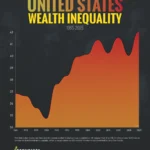
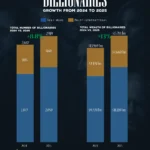

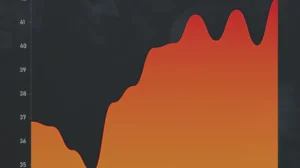
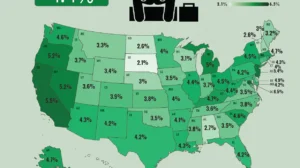
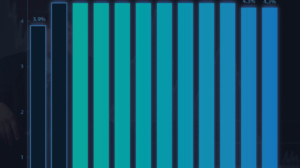
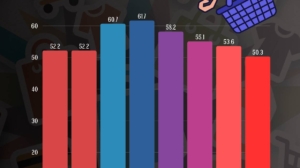
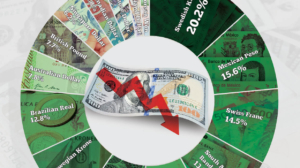
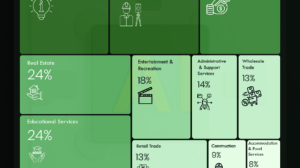
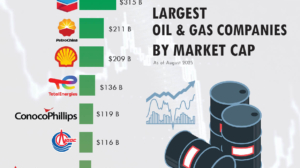
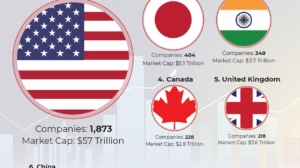
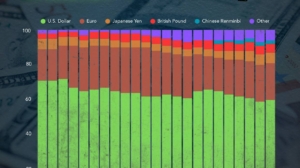

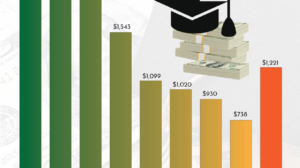
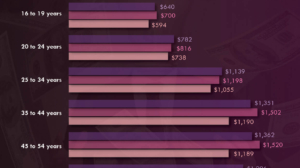
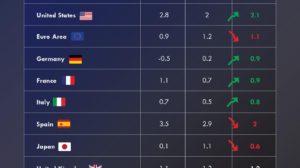
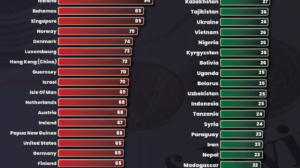
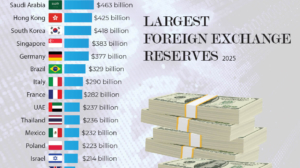
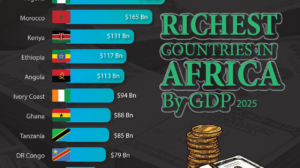

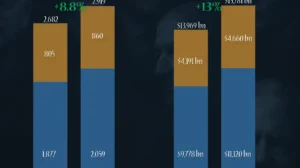
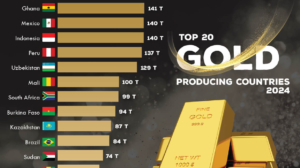
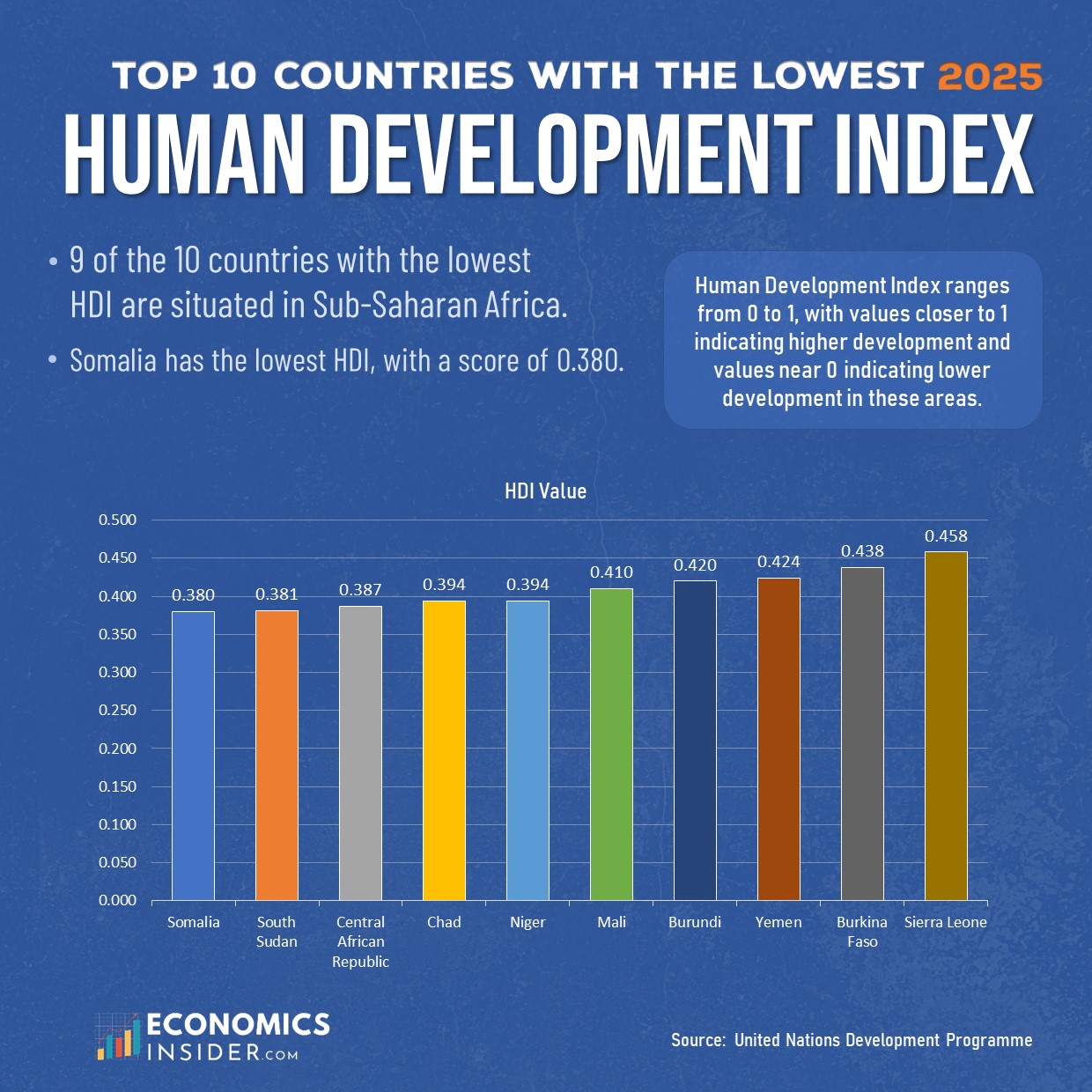
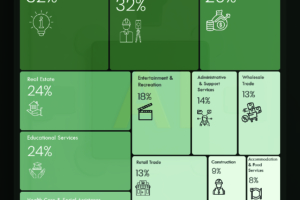
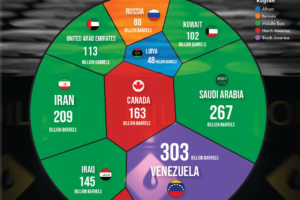
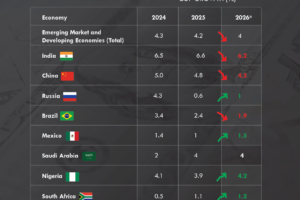









Add Comment